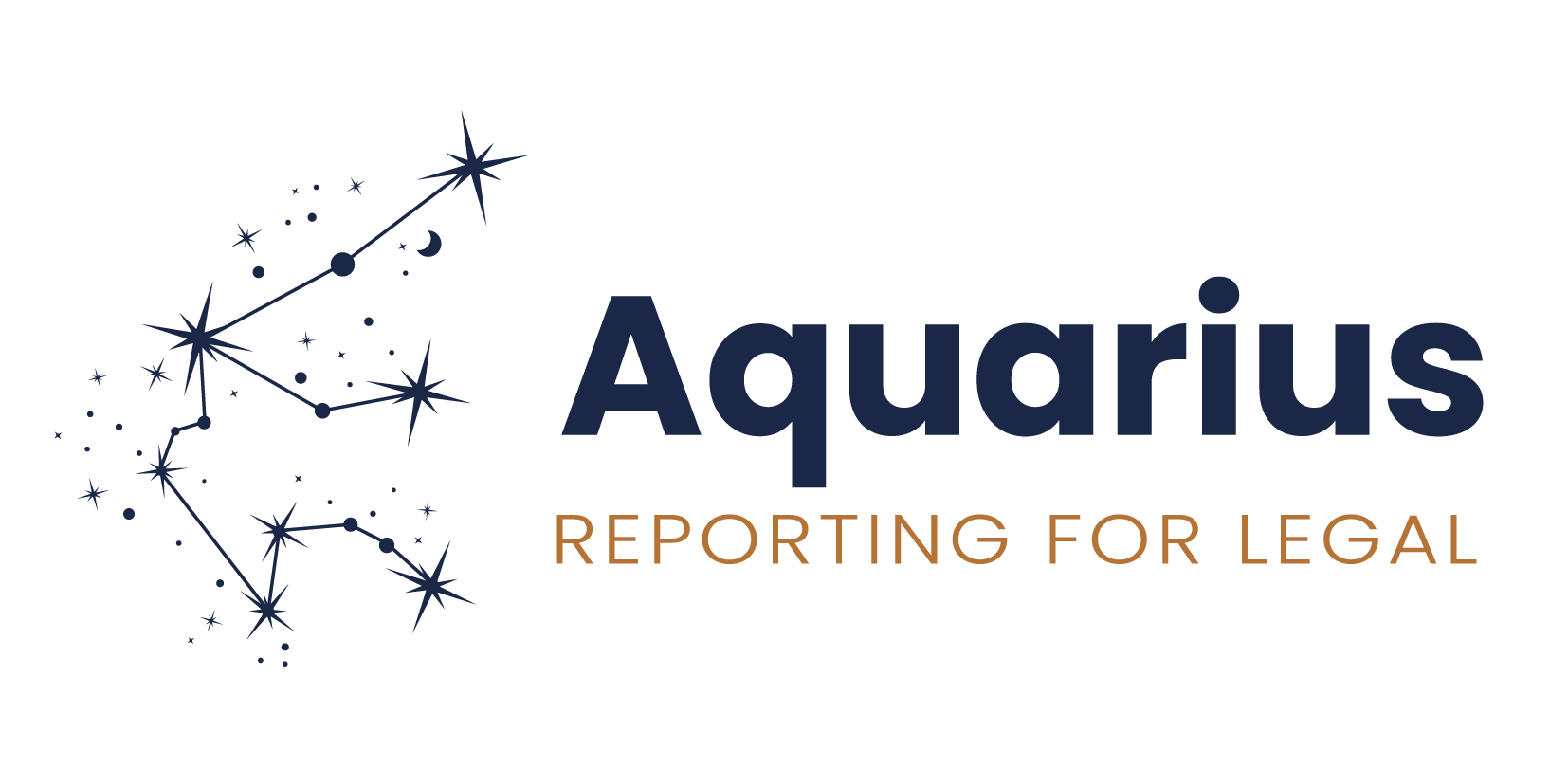
A “worrying” mistrust in technology is making some regulated firms vulnerable to financial crime, an anti-money laundering expert has warned.
Multi-sector research by SmartSearch, the UK’s leading provider of anti-money laundering software, has revealed that almost one in five (18 per cent) decision-makers in the legal, property and banking and finance sectors did not trust the technology of electronic verification software.
Martin Cheek, managing director at SmartSearch said:
Our research demonstrates a worrying market perception. Not only is the adoption of electronic verification (EV) the best way for regulated businesses to ensure they are insulated from potential money laundering crimes, its use is recommended in the 2020 Money Laundering and Terrorist Finance Act. The act recommends that regulated firms use EV as part of their due diligence to make it as effective as possible.
It is disappointing that such a high number of regulated firms are unaware of this advice.
The survey is the second in SmartSearch’s continuing Electronic Verification Uncovered campaign, which aims to make firms from the legal, financial services, property, and banking sectors aware of the dangers of relying on flawed, old-fashioned methods of identity verification.
Five hundred stakeholders, from regulated businesses across the UK, shared their perceptions on tech advancements across their sectors. Almost a third of them said they believed that was too costly and almost a quarter (23%) said they thought that hard copy documents remained a more reliable option. In fact, relying solely on hard-copy documents leaves firms more vulnerable to money laundering.
The survey findings further highlight the gaps in new customer checks with many legal firms continuing to rely on hard-copy documentation to verify a new client’s identity. Almost a quarter (23.5%) of those surveyed said they were using documents like passports for identification purposes – even though one-in-ten of them also confided that they lacked the confidence to spot a fake.
Onboarding a customer is a lengthy process and can be hindered by the constraints of both cost and time. Coupled with the unwillingness of the customer to share data, onboarding becomes unnecessarily lengthy and eventually ends up with data gaps.
It costs businesses both time and money to fill those gaps and there is the risk to lose the customer altogether.
Despite doubts of reliability, nearly half of all firms questioned still use hard documents like passports, IDs and utility bills in some way to verify new business customers, despite more than 83% being aware of digital systems for electronic verification (EV).
Martin Cheek, added:
EV has become invaluable in combating money laundering across all sectors. Therefore, it is crucial that UK businesses maintain support for advancements in technology.
The adoption of electronic verification is the best way for regulated businesses to ensure they are insulated from potential money laundering crimes. EV uses credit reference data, combined with other reliable sources, to create a unique ‘composite digital identity’ which is virtually impossible to fake.
Not only that, a system like SmartSearch’s can complete a check in just two seconds.
For more information please visit: www.smartsearch.com
Read more articles from Modern Law Magazine here




